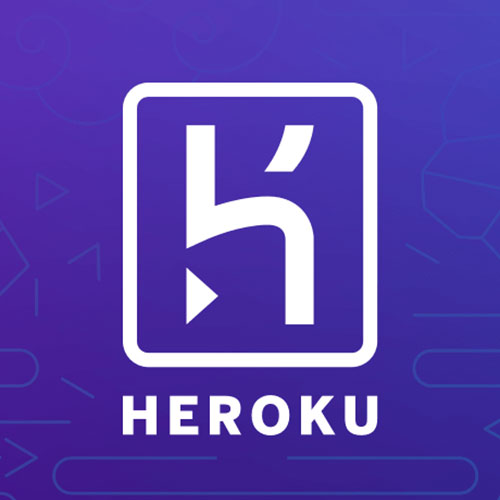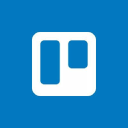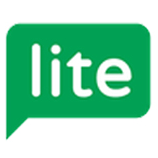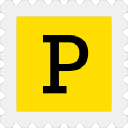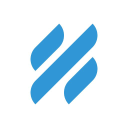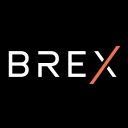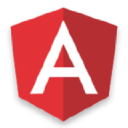How We Developed A $25K/Month Referral Software For Tech Startups
Hello! Who are you and what business did you start?
Hi, my name is Kevin Yun. I’m one of the co-founders of GrowSurf, a referral software for tech startups.
We are a B2B SaaS startup. Our customers are B2C and B2B tech startups that want to integrate a referral program into their products for low-cost customer acquisition.
We are currently around $25k MRR. All of our metrics are openly available here.

What's your backstory and how did you come up with the idea?
My cofounder Derek’s background is in software engineering, and I previously started a UX+UI design boot camp and worked as a designer. I handle marketing, design, and front-end development for GrowSurf. Derek handles server-side architecture and development.
Sorry, you need to login and/or become a member to view the rest of this content.

Download the report and join our email newsletter packed with business ideas and money-making opportunities, backed by real-life case studies.

Download the report and join our email newsletter packed with business ideas and money-making opportunities, backed by real-life case studies.

Download the report and join our email newsletter packed with business ideas and money-making opportunities, backed by real-life case studies.

Download the report and join our email newsletter packed with business ideas and money-making opportunities, backed by real-life case studies.

Download the report and join our email newsletter packed with business ideas and money-making opportunities, backed by real-life case studies.

Download the report and join our email newsletter packed with business ideas and money-making opportunities, backed by real-life case studies.

Download the report and join our email newsletter packed with business ideas and money-making opportunities, backed by real-life case studies.

Download the report and join our email newsletter packed with business ideas and money-making opportunities, backed by real-life case studies.

